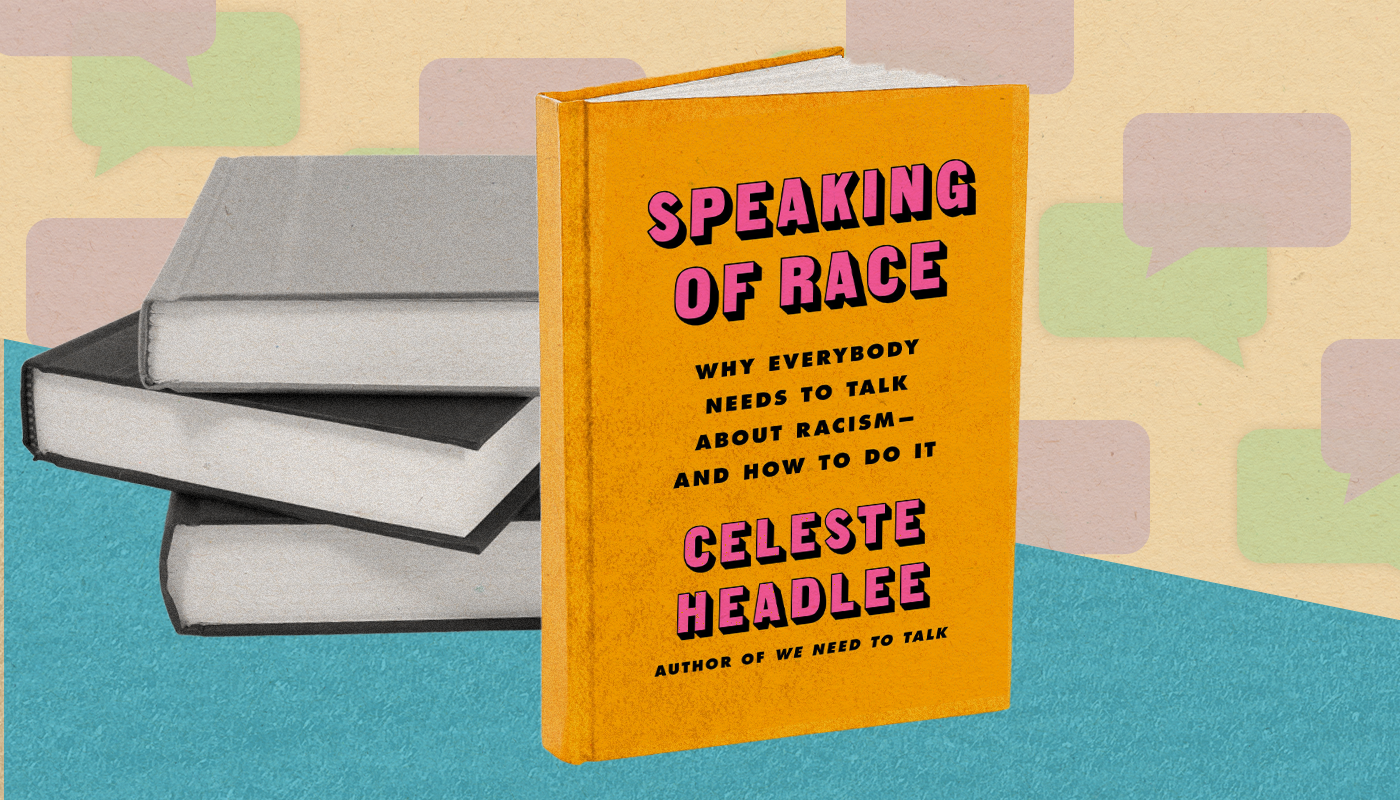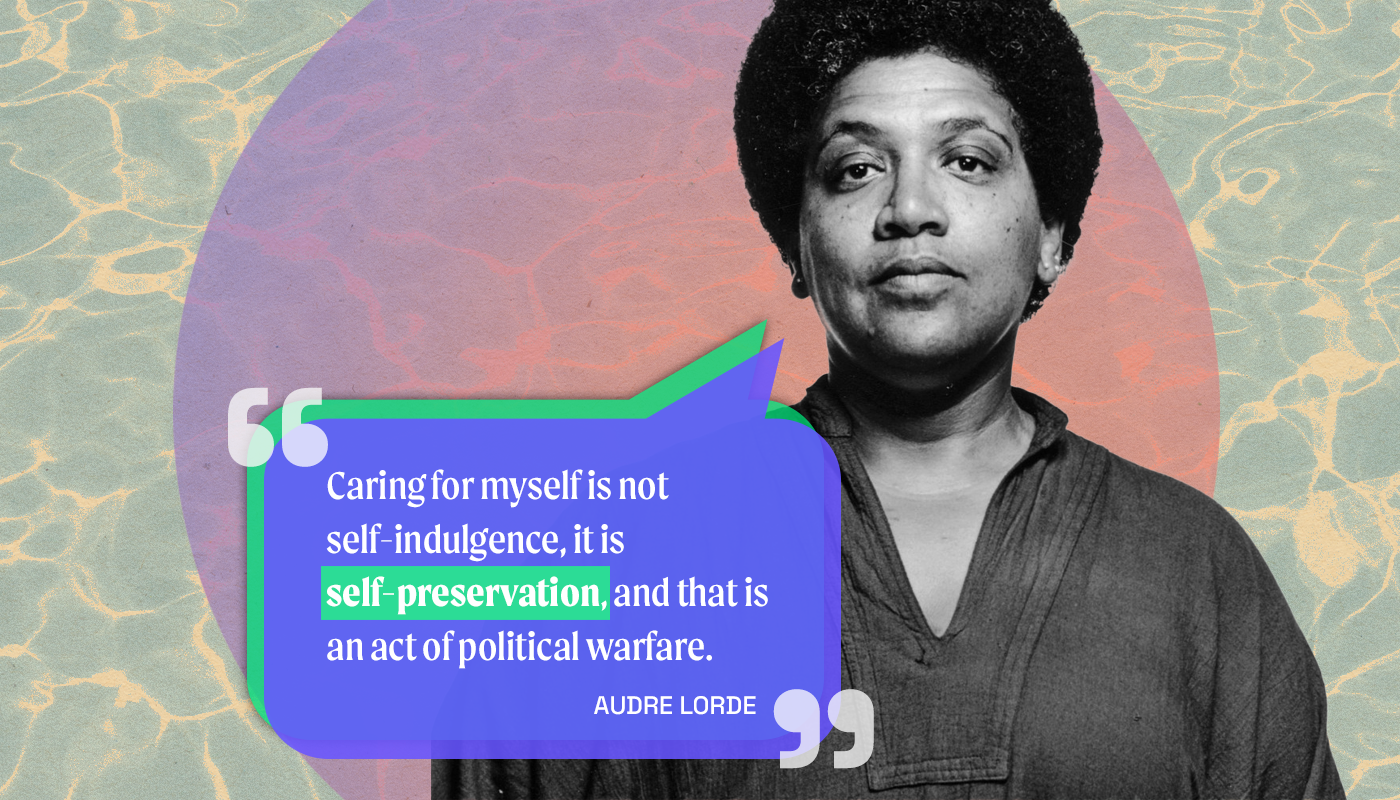To promote social justice, make one edit to your job application
#BanTheBox

It’s likely that your organization’s job application form includes a version of this question: “Have you ever been convicted of a crime?” At first blush, such an inquiry might appear a logical way to identify unfit job applicants. Evidence suggests, however, that excluding individuals with prior convictions from employment is ill-advised on moral, social justice, and organizational success grounds.
Let’s start with the moral case
Is it ethical to make someone continue to pay for a debt they have already paid? Of course not. A society that denies former prisoners employment, however, engages precisely in such perpetual punishment. It’s well established that joblessness often costs people their ability to secure food, shelter, and basic needs, as well as success, mental health and happiness. Unemployment is so damaging to former convicts that it’s known to drive higher levels of recidivism. The first reason for eliminating the criminal filter from job applications, then, is that it’s excessive punishment and it aggravates recidivism.
Strive for social justice
Excluding former lawbreakers from joining our workforces also undermines our progress toward workplace diversity, equity, and inclusion (DEI). Racial disparities in convictions and other factors have resulted in communities of color being over-represented among those with criminal histories. In fact, screening applicants based on criminal records is so inherently prejudiced that it can violate the Civil Rights Act of 1964. A second reason to eliminate the conviction question in job applications, then, is to support social justice at your organization and in the world.
Key to success
A third reason to eliminate the criminal history filter is organizational success. In the United States, considering only those with no criminal record narrows the pool of potential new talent by a whopping third, making it harder to hire the talent needed to drive organizational success. Although more research is needed to determine the business risks and benefits associated with hiring individuals with criminal records, existing studies suggest that there is a net modest upside. While data from the US military finds that former felons are marginally more likely to commit a workplace legal offense than their peers, it also finds that their overall work performance is higher. Another study found that workers with a criminal history are, again, slightly more likely to engage in misconduct but also less likely to turnover in any given year. In other words, offering individuals with a criminal history full consideration for employment appears to be net positive: It helps secure the talent that best serves the business without incurring any substantial downsides.
Ban the box
Given the strong moral, social justice, and business arguments against using criminal history in hiring decisions, it’s not surprising there’s a movement in the United States, called “Ban the Box,” to minimize this practice in their job application. Dozens of companies, including Koch Industries, McDonald’s, Starbucks, Target, and Walmart have removed the convictions question from their initial job applications. So have the HR departments of the US federal government and 38 state governments.
Ban the Box Campaign
The campaign challenges the stereotypes of people with conviction histories by asking employers to choose their best candidates based on job skills and qualifications, not past convictions. Since 1 in 3 adults in the U.S. has a conviction history, the impact of this discrimination is widespread and affects other aspects of life in addition to employment opportunity.
More than a dozen states also restrict private employers’ use of criminal history in hiring decisions, including Arizona, California, Hawaii, Kentucky, Louisiana, and Vermont. Finally, there are various government incentives for hiring individuals with criminal histories, including the federal Work Opportunity Tax Credit. Of course, there are still valid reasons to conduct background checks on new hires. Ban the Box employers do so later in the hiring process. They also use the results mostly to make any needed adjustments to the employment arrangement and not to reject otherwise promising candidates from joining their teams.
Bottom line? Employers have the opportunity to support the re-entry into society of former convicts, the success of their business, and the social justice of the world by making one move: Scrapping the criminal-history question on their job application form. ![]()






